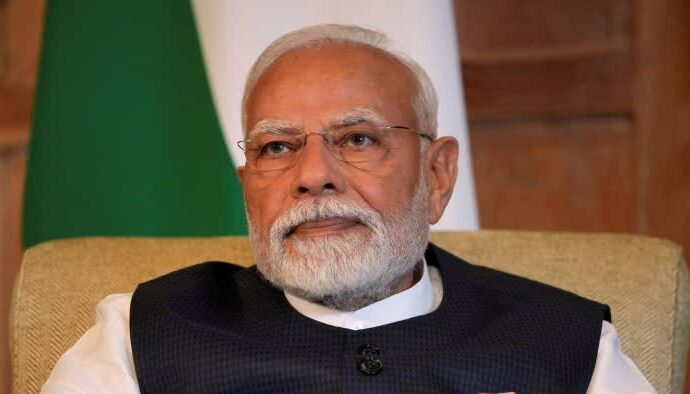Unlock the Editor’s Digest for free
Roula Khalaf, Editor of the FT, selects her favourite stories in this weekly newsletter.
Indonesia has introduced $1.5bn of stimulus measures to boost consumer spending, hoping to counter slowing growth as falling commodity prices and trade concerns hit south-east Asia’s largest economy.
Starting Thursday, Indonesia will provide discounts on transportation fares and wage subsidies for millions of households for two months. It is also offering toll road discounts and additional social aid for the most vulnerable, as part of the stimulus package expected to cost Rp24.44tn ($1.5bn).
Finance minister Sri Mulyani Indrawati said the measures were intended to encourage travel and lift household consumption and growth during the school holiday period. “We hope that in the second quarter economic growth can be maintained close to 5 per cent,” she said this week.
The push comes as doubts grow over Indonesia’s ability to expand its economy by 5 per cent this year — a rate that Jakarta has been able to sustain consistently for a decade, except during the Covid-19 pandemic. In the first three months of 2025, growth came in at 4.9 per cent — the slowest quarterly figure in more than three years.
Indonesia, the world’s largest exporter of nickel, coal, palm oil and other commodities, faces pressures from an escalating global trade war. Jakarta has been hit with a tariff of 32 per cent by US President Donald Trump, though it has been paused until July. Indonesia is in talks with the US to lower its tariffs and has promised to purchase more American goods to reduce its trade surplus.
From purchasing power to retail and auto sales, Indonesia’s economic indicators are pointing to a slowdown, posing a challenge to President Prabowo Subianto’s goal of lifting annual growth to 8 per cent.
Growth has also been hit by lower government spending in sectors such as infrastructure, as Prabowo redirects funds towards his flagship free meals programme that is expected to cost $28bn a year.
Prabowo hopes the meals programme, the associated kitchens and logistics will boost local economies and have a ripple effect nationally. The scheme, launched in January, will be one of the world’s largest free meals programmes once it is fully implemented, reaching more than 82mn schoolchildren and pregnant mothers every day.
Even as Prabowo, a former military general, has expressed optimism about his targets, the country’s central bank has repeatedly lowered its annual GDP forecast for the year, with the latest growth estimate at 4.6 to 5.4 per cent.
Bank Indonesia has cut interest rates this year by 50 basis points to 5.5 per cent and is expected to lower borrowing costs again at its June meeting. Economists say the latest stimulus will be insufficient to boost growth to 5 per cent. “We still expect GDP growth to slow further to 4.7-4.8 per cent in the second and third quarters,” Bank of America has said.
Brian Lee Shun Rong, an economist with Maybank Investment Banking Group, said the stimulus package will boost the purchasing power of lower-income households, but the impact on overall consumer demand will probably be moderate.
“Moreover, consumer sentiment remains fragile amid the ongoing economic and job market uncertainty, which could make households reluctant to loosen their purse strings,” he said.
“More expansionary monetary and fiscal measures will be needed to support the economy and arrest a decline in growth momentum, particularly with trade expected to weaken in the second half.”
